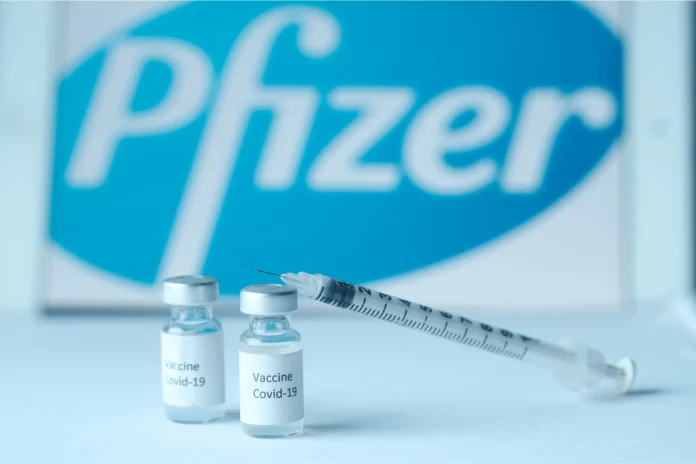Pfizer Inc., biggest pharmaceutical company of the U.S., has reduced ownership of Pfizer stake in Haleon. This move signals a strategic shift for Pfizer, allowing it to focus on its core business of developing and selling prescription drugs.
Reduced Stake to Enhance Focus on Core Business
On March 18, 2024, Haleon announced that Pfizer would be selling approximately 630 million shares in the company, reducing its ownership from 32% to roughly 24%. The exact price per share is expected to be revealed following the completion of a book-building process. Haleon will also repurchase some of Pfizer’s shares for an estimated value of £315 million (approximately $401 million).
“This is a continuation of the plan we outlined last May,” said a Pfizer spokesperson. “We are committed to a slow and methodical approach to divesting our ownership in Haleon, allowing us to focus on our core business of innovative biopharmaceutical research and development.”
Haleon’s Household Brands Remain Strong
Haleon, formed through the merger of Pfizer and GlaxoSmithKline’s (GSK) consumer healthcare divisions, has a portfolio of well-known household brands. These include Sensodyne toothpaste, Advil pain relievers, Centrum vitamins, Panadol (paracetamol) pain medication, and Otrivin nasal decongestants.
“We are confident in Haleon’s future as an independent company,” stated a Haleon spokesperson. “Our strong brands, experienced team, and global reach position us for continued growth and success.”
Read More! Walmart Ready to Launch 5 New Startups
Market Reaction Upon Pfizer Stake in Haleon
The news of Pfizer’s reduced stake has been met with mixed reactions in the financial markets. Some analysts see it as a positive move, allowing Pfizer to reallocate resources towards higher-growth areas like prescription drugs. Others are concerned about the potential short-term impact on Haleon’s stock price.
“This is a significant development for both Pfizer and Haleon,” said the industry analyst. “Pfizer can now dedicate more resources to its core business, which could lead to breakthroughs in new drug development. However, Haleon must demonstrate its ability to operate independently and maintain its market share in a competitive field.”
Future of Pfizer and Haleon
Pfizer’s decision to reduce its stake in Haleon reflects a more significant trend within the pharmaceutical industry. Many large pharmaceutical companies are removing their consumer healthcare divisions to focus on higher-margin prescription drugs. This allows them to invest in research and development (R&D) for new and innovative treatments. For Haleon, the future is uncertain at this point. The company’s success will depend on its ability to maintain brand recognition, navigate a competitive market, and expand its product portfolio through strategic acquisitions or organic growth.
It remains to be seen how Pfizer’s reduced ownership will affect Haleon’s long-term strategy. With Pfizer stake in Haleon reduced, it might become a more attractive target for acquisition by other consumer healthcare companies. This could lead to further consolidation within the industry. As the consumer healthcare industry evolves, it’s essential to consider the potential impact on consumer choice.



